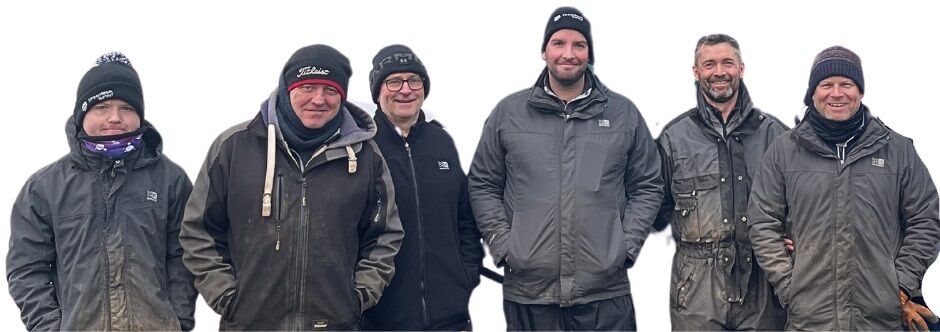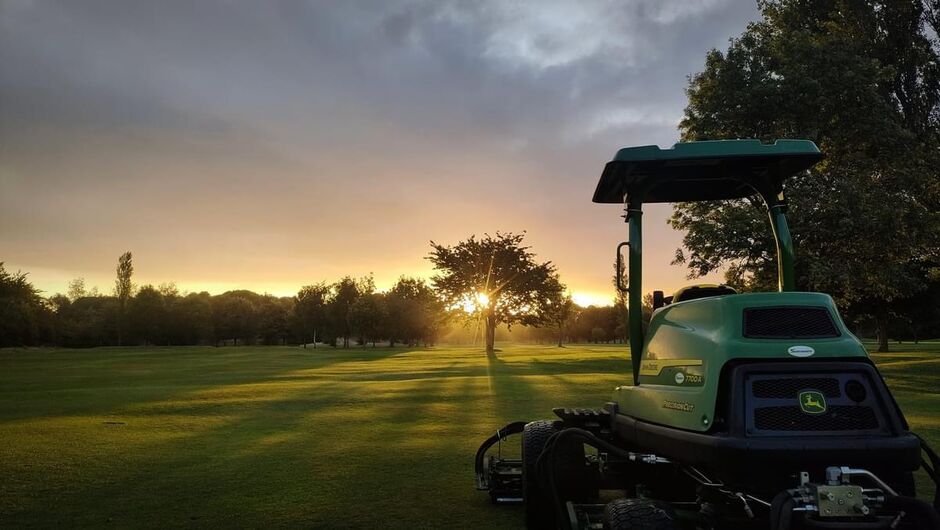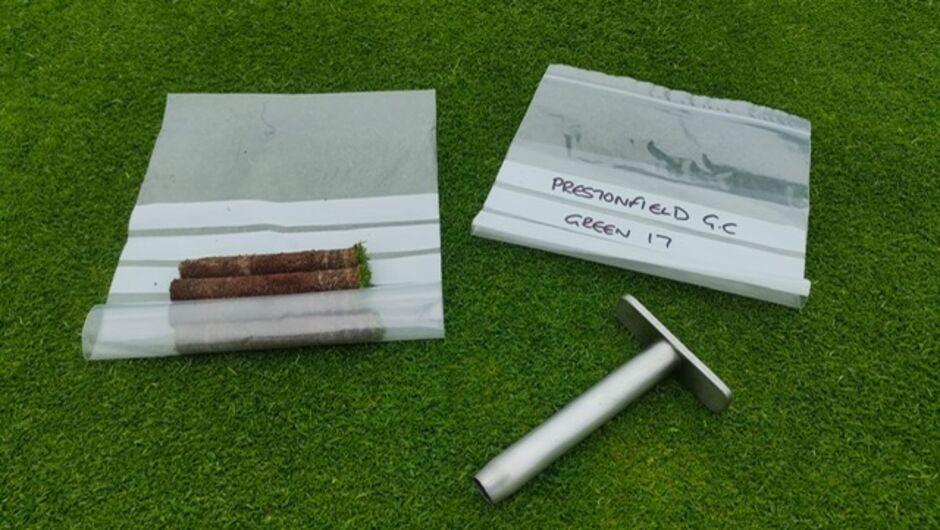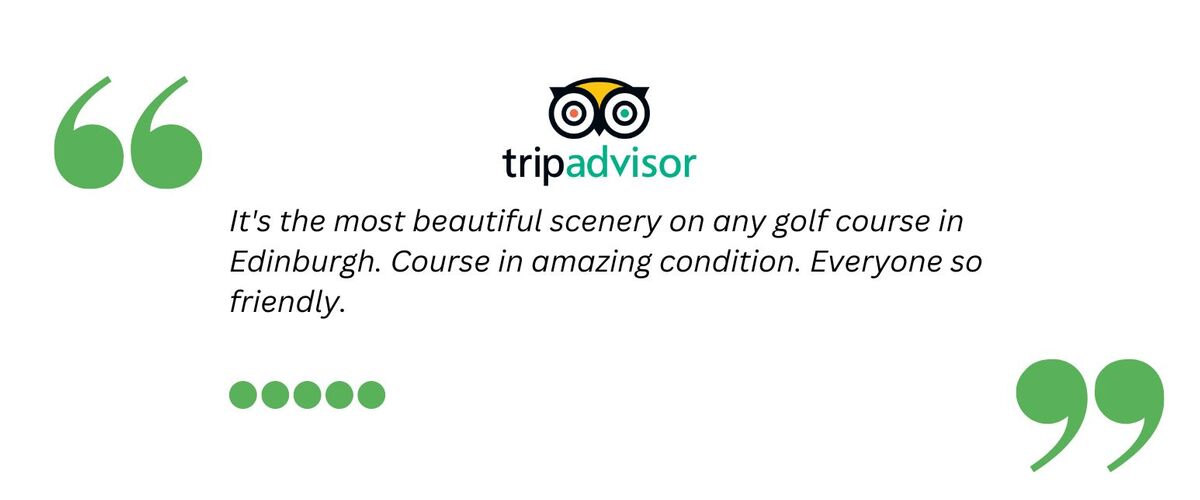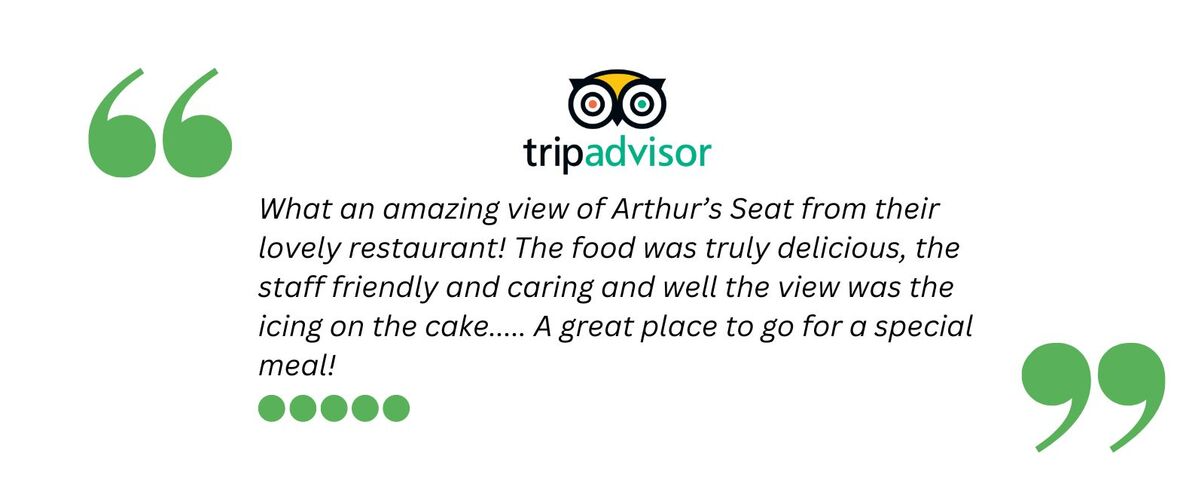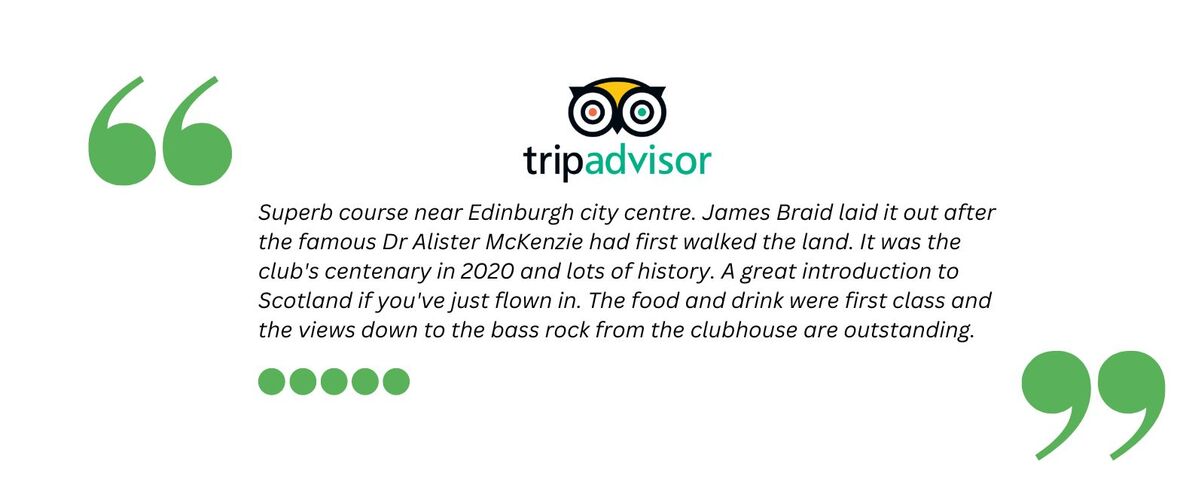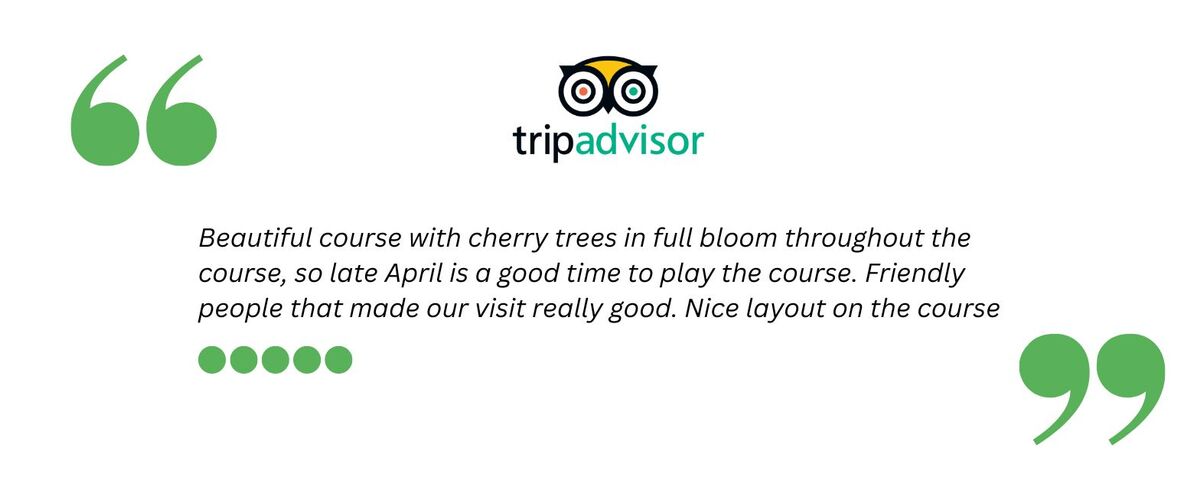What's The Team Been Up To...
The club's agronomist (STRI) paid the club a visit at the end of July to perform their annual performance testing on the greens and also to give the golf course an honest appraisal in relation to agronomy and visual appeal. The greens were measured for firmness, trueness, smoothness, green speed and moisture content, and the results and feedback from the agronomist and laboratory were nothing short of fantastic. The Head Greenkeeper was confident going into the visit that the course and the greens in particular were in a good place but the feedback received were even a surprise to him given the horrific weather that the Edinburgh area experienced during the previous 12 months. This agronomist who visited has seen first hand the improvements made on the course over the past few years and to receive so much enthusiastic praise from such a respected and influential consultant in the greenkeeping industry was very humbling and extremely satisfying, giving the whole club a massive boost.
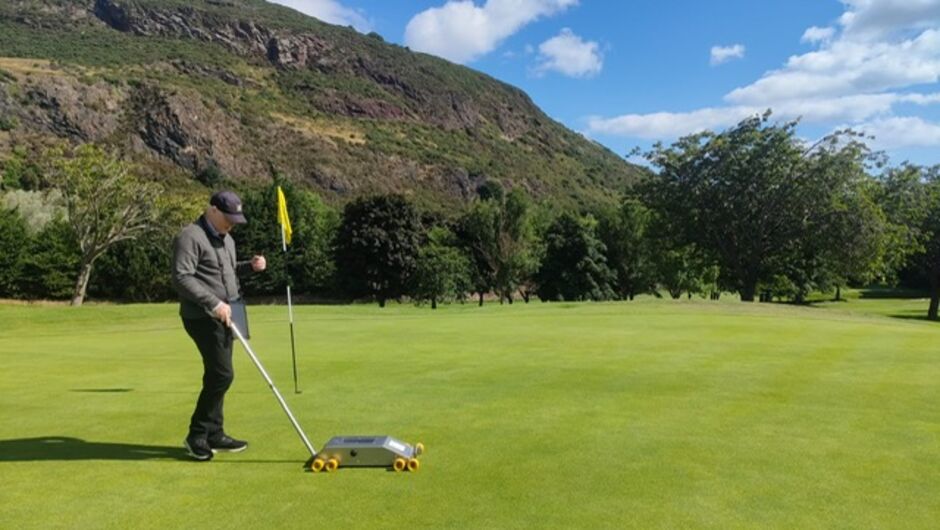
Smoothness and Trueness Testing on the 16th Green
The biggest positive that the greens team took away from the feedback was the organic matter readings (which is extremely important to how healthy your greens are) had a slight improvement from last year’s figures. Achieving these lower organic matter percentages is the complete opposite to the national trends this year, with most golf clubs testing much greater percentages due to the extremely high levels of rainfall experienced in the past year. The greens team are delighted with these results and clearly shows that the hard work they carry out throughout the year is making a big difference. The whole visit was a very positive experience and highlights the strides the golf course is making each year. And how it is progressing towards its agronomy objectives at such a steep trajectory.
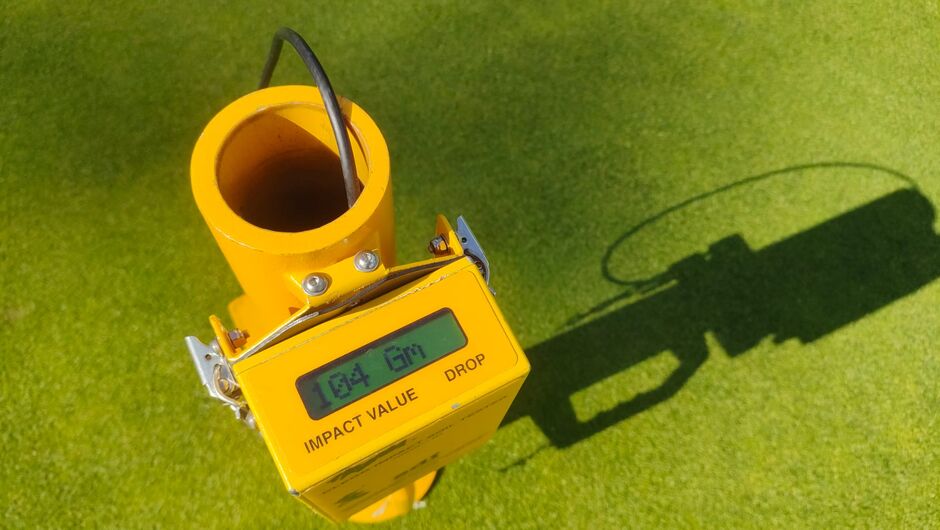
Organic Matter Testing
Hopefully you have had the chance to read the agronomy report showing the fine comments and positive performance testing results the golf course received. The few sentences found below, which were extracted from the report clearly indicates the kind of positively received from the agronomist.
“Smoothness and trueness were incredibly good across all tested surfaces. The resilience noted throughout the greens and surrounds was an outstanding result in the current high disease pressure conditions“
“The attention to detail is obvious throughout the golf course and the new bunker works are a seamless improvement”
